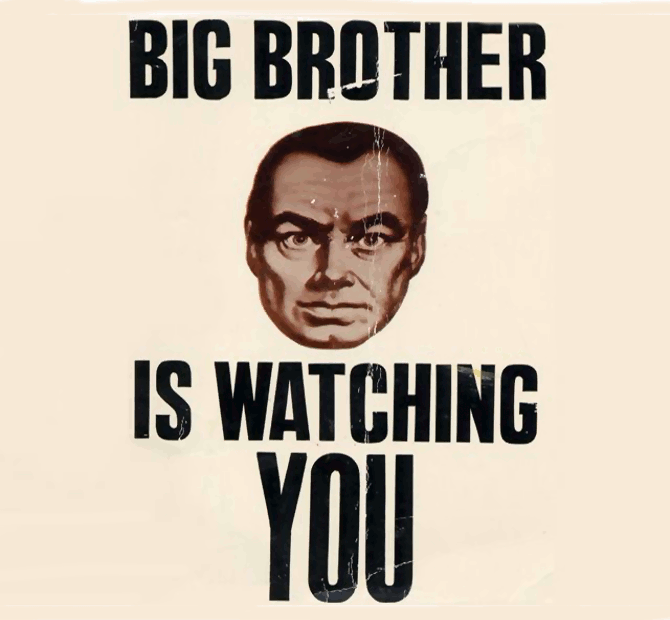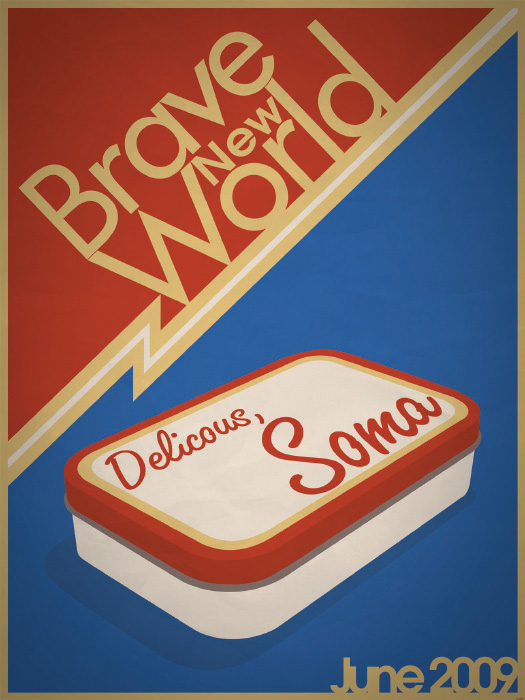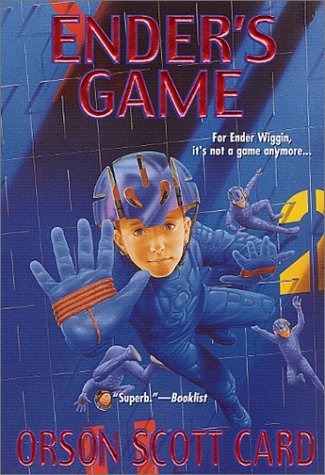.jpg)
I want your money!
It’s April 15 and if you haven’t filed your taxes yet, you might want to look into that. By the way, don’t come to me for tax advice. You can come to me for lesson plan advice.
Or for clever lists like this one.
In honor of tax day, I present 8 stories/novels that exemplify the dangers of big government.

…so you better not be surfing the Internet at work.
1984 by George Orwell. I remember reading 1984 in 1984. It was one of the first assigned novels I actually enjoyed. Although I found it entertaining, I didn’t quite find it very realistic. In the novel, the government was able to monitor everyone via hidden microphones and hidden cameras. News organizations with political agendas would report news one day and report the exact opposite later when it suited the government’s needs. Anyhow… I remember reading 1984 in 1984 and I found it very realistic, although not very entertaining.

Fahrenheit 451 by Ray Bradbury. I once read Fahrenheit 451 on a Kindle. It’s too bad that modern technology has made the premise of Fahrenheit 451 technologically obsolete because so many of Bradbury’s prophecies have come true. Have you ever noticed, for example, that politicians running for office never really take a stand on anything, that the slightest inclination one way or another is immediately excoriated by media members? Or as Bradbury writes:
“Don’t step on the toes of the dog lovers, the cat lovers, doctors, lawyers, merchant, chiefs, Mormons, Baptists, Unitarians, second-generation Chinese, Swedes, Italians, Germans, Texans, Brooklynites, Irishmen, people from Oregon or Mexico The bigger your market, Montag, the less you handle controversy” (57).
“Harrison Bergeron” by Kurt Vonnegut. Vonnegut’s more famous for his satirical novels Slaughterhouse V, Cat’s Cradle, and Mother Night, but this short story about an out of control government that intentionally handicaps gifted individuals is one of his finer works. Check out these “Harrison Bergeron” lesson plans and feel free to check out this great cinematic adaptation.


“The Most Dangerous Game” by Richard Connell. This is primarily a story about a lunatic who traps people on his island and hunts them for sport. General Zaroff rules the island. General Zaroff is the only one on the island with a gun. This is what happens when only the government owns guns. These lesson plans for “The Most Dangerous Game” will help you intelligently approach ideas from the short story.
The Giver by Lois Lowry. I don’t really like this book, but most people do. And it’s been so long since I’ve read it that I hardly remember what it’s about. I recall it has something to do with a lack of individual rights.
Divergence by Veronica Roth. In this dystopic novel, a highly regimented society has been put in place in order to save the citizenry from itself. It doesn’t work as one group attempts to take over by controlling the minds of others. The movie sucks, by the way.
Share This:
Speak Your Mind